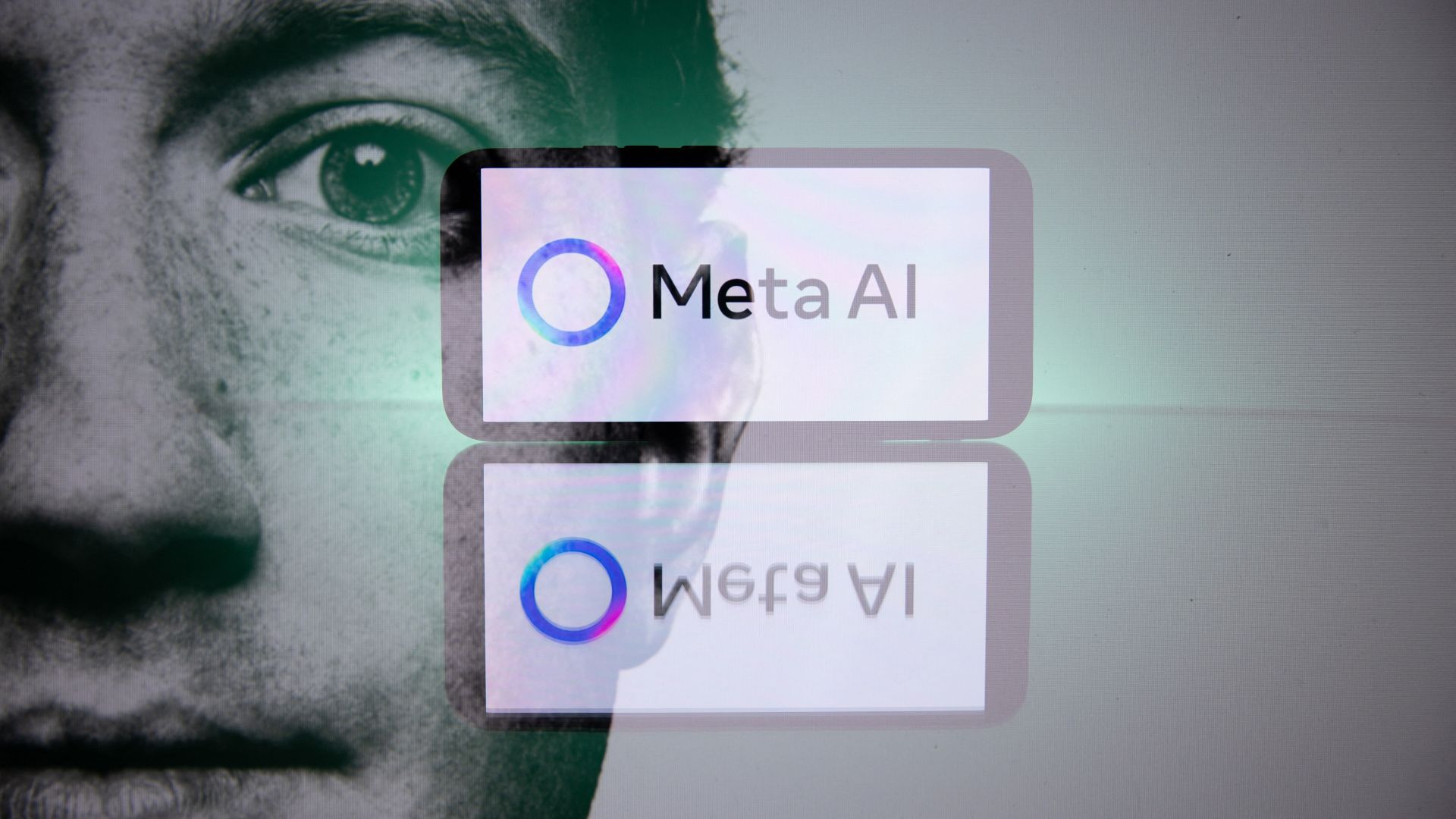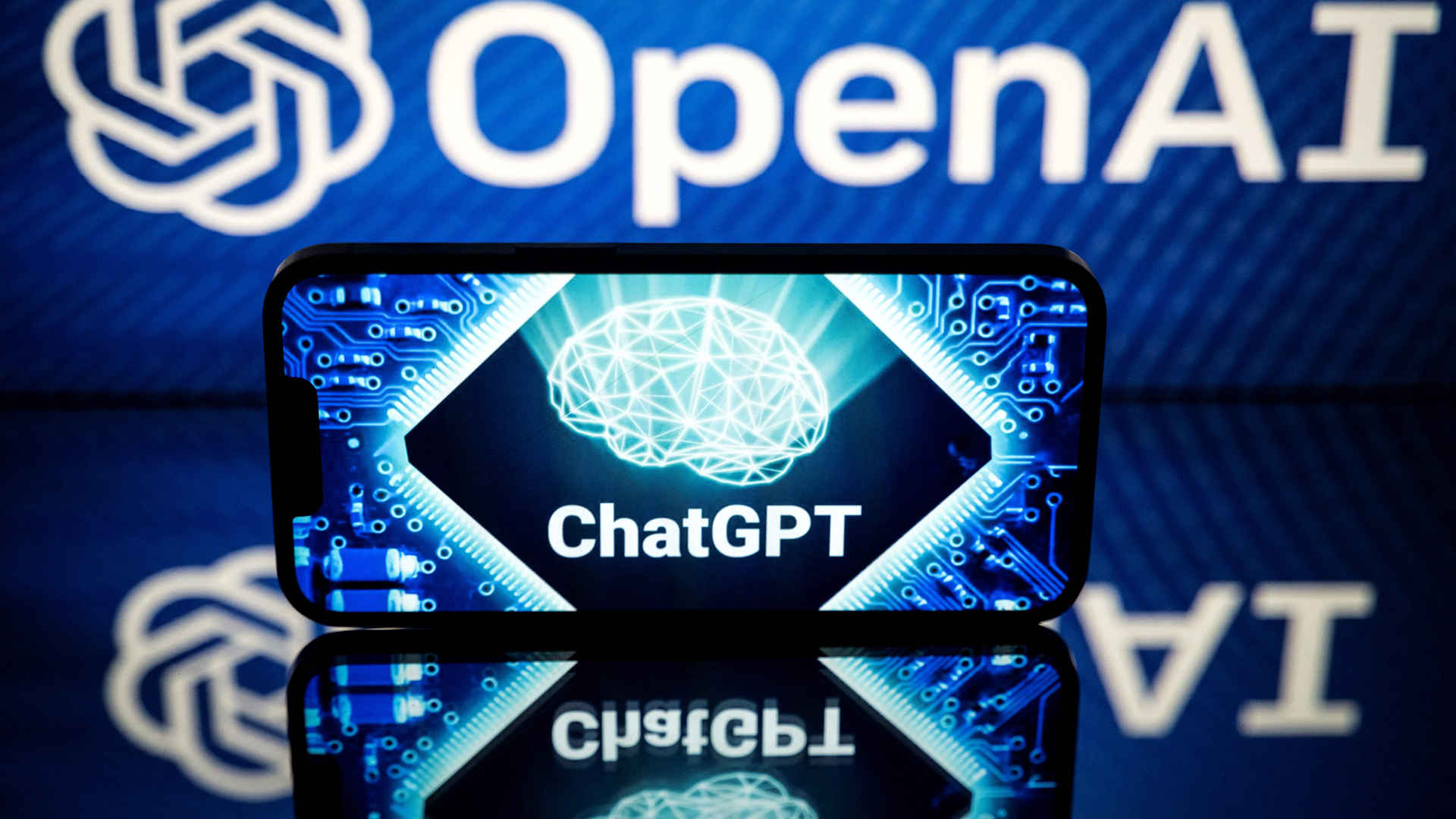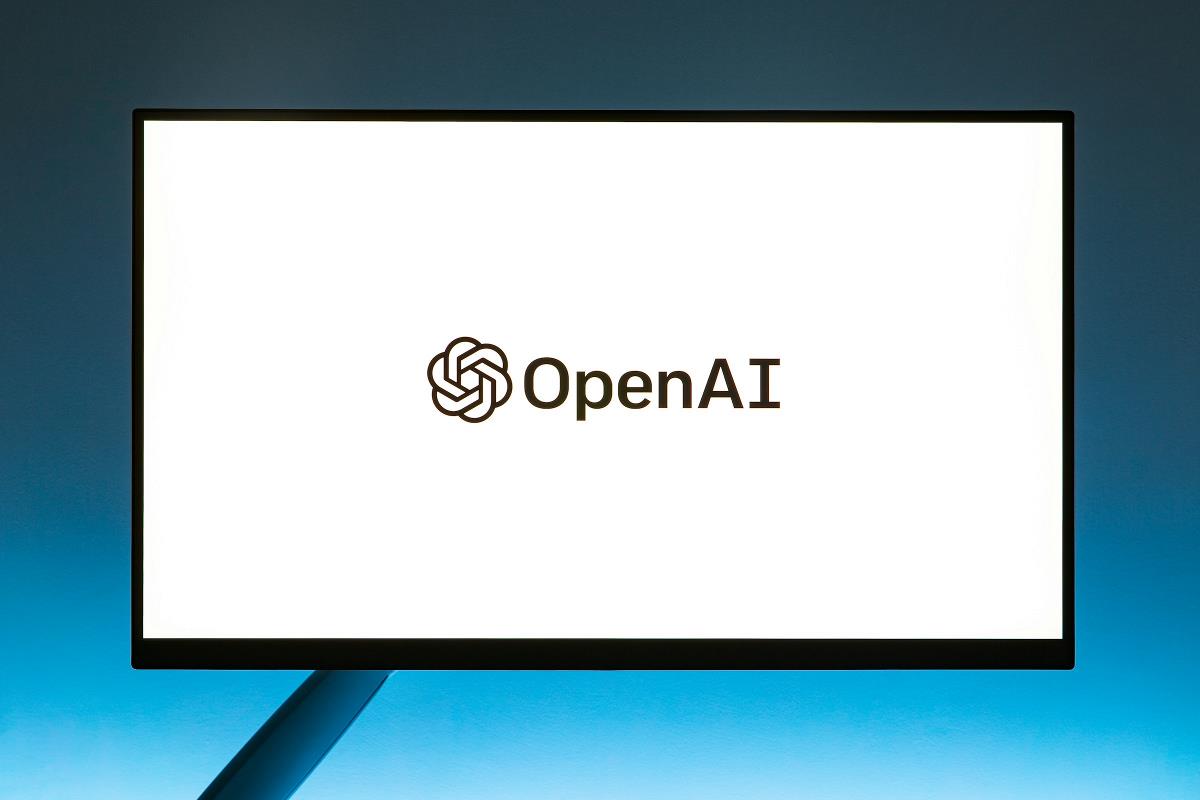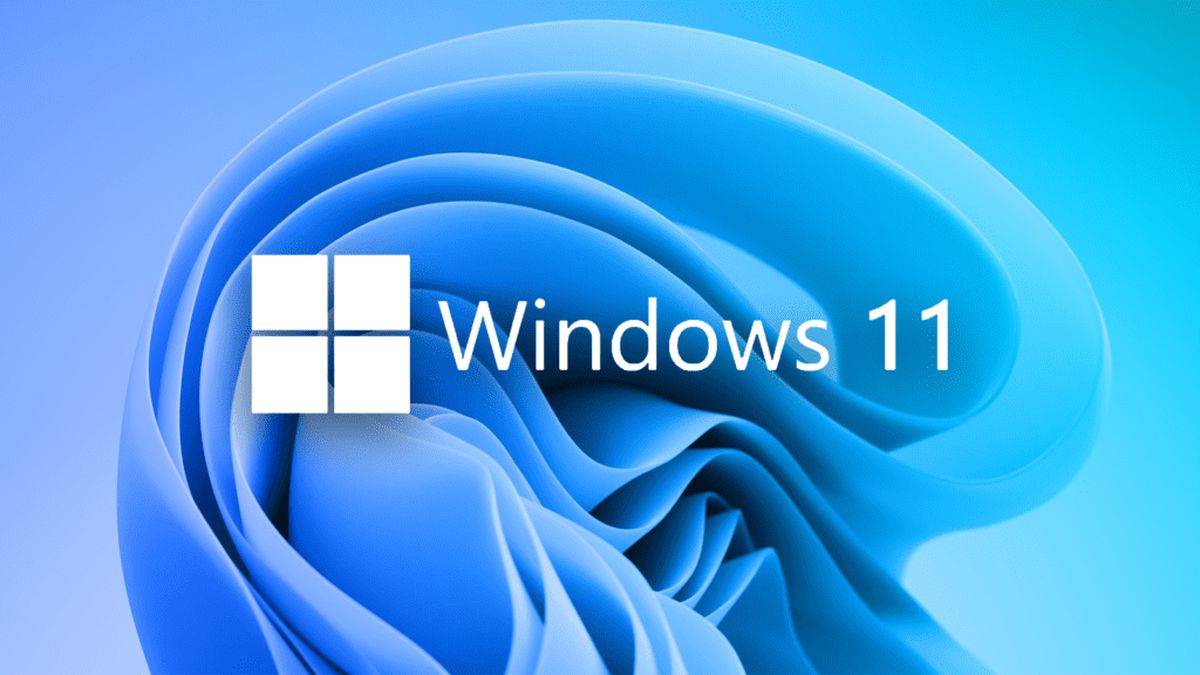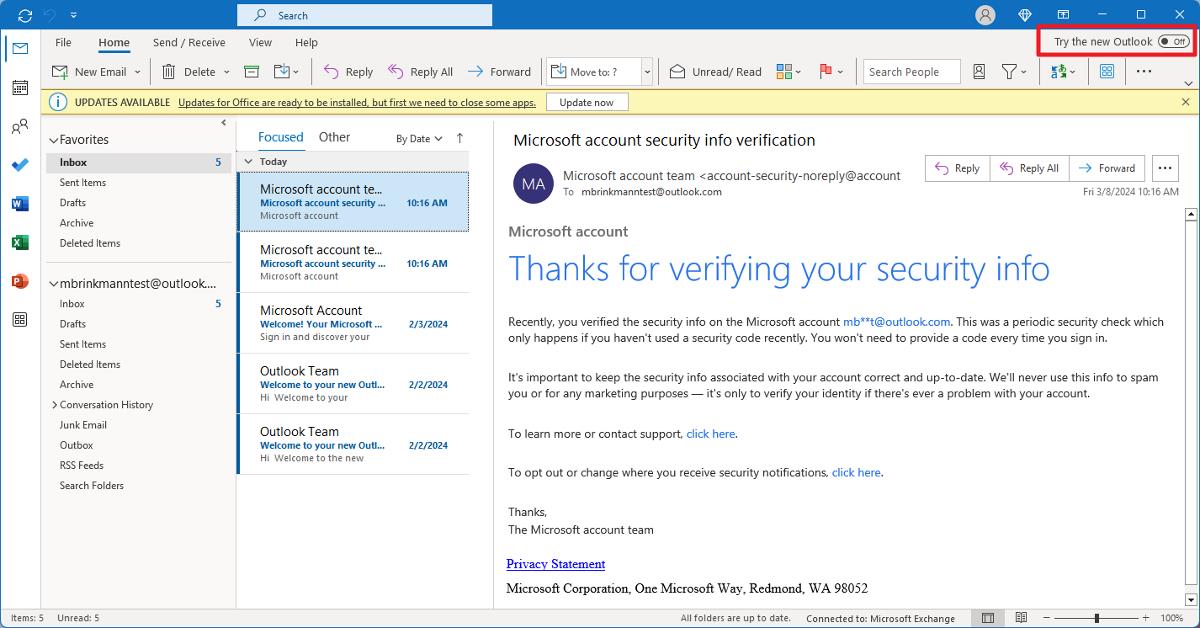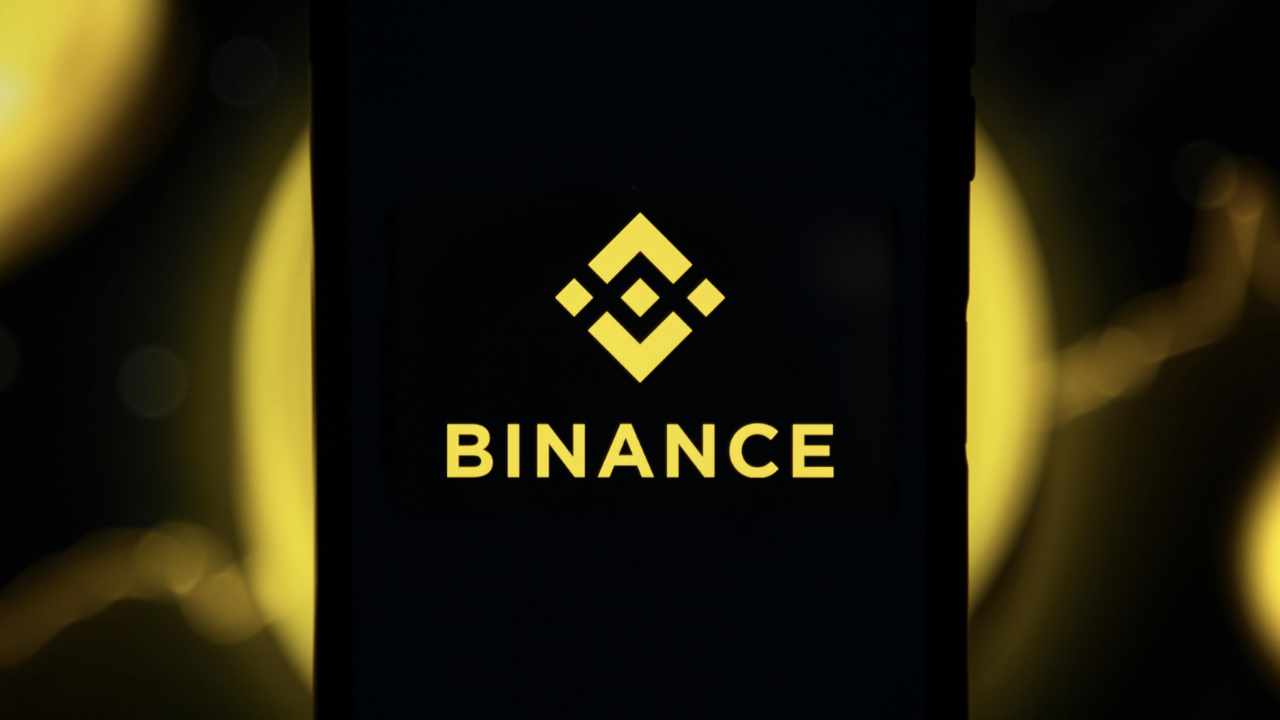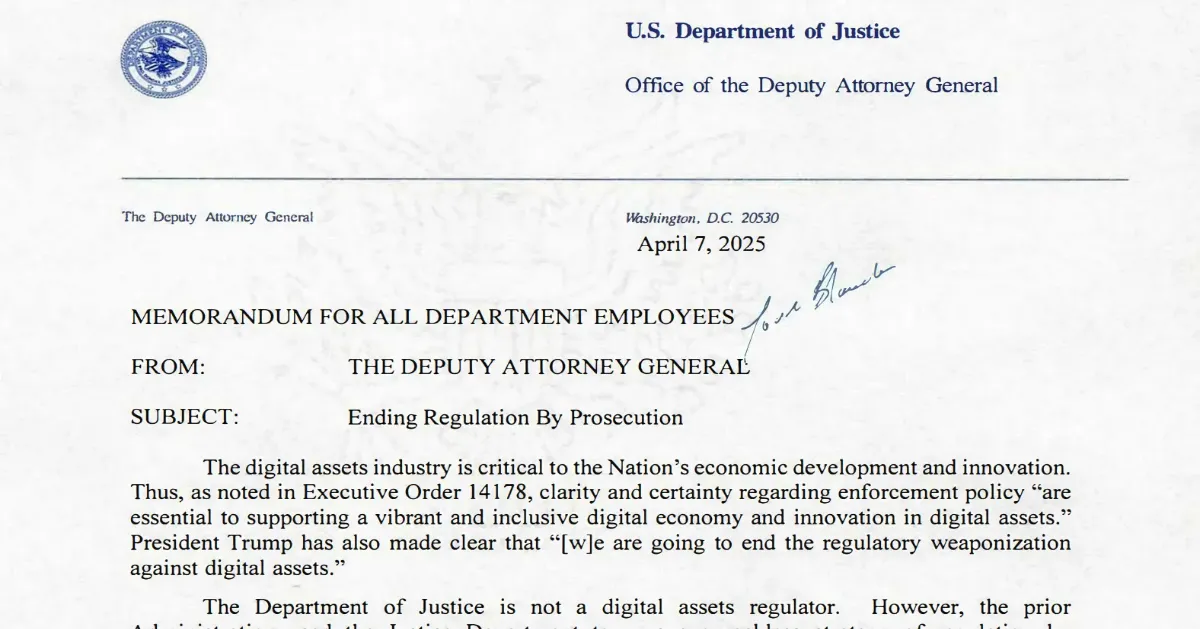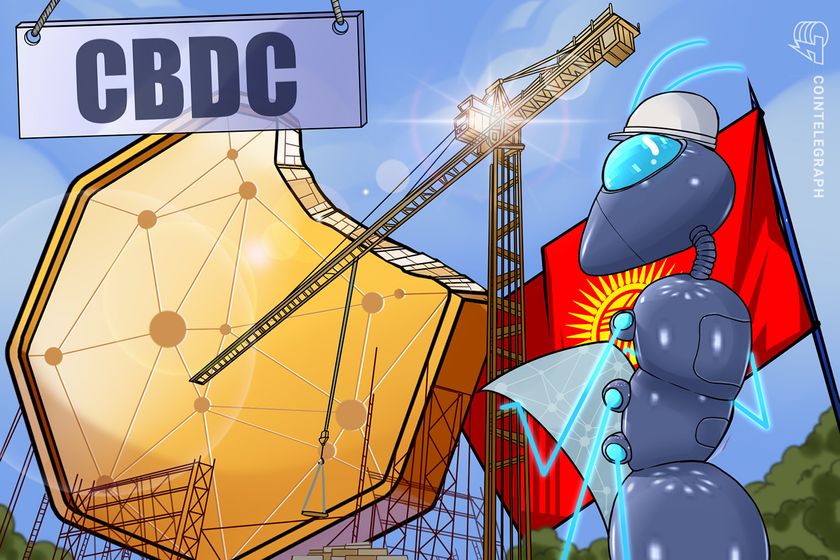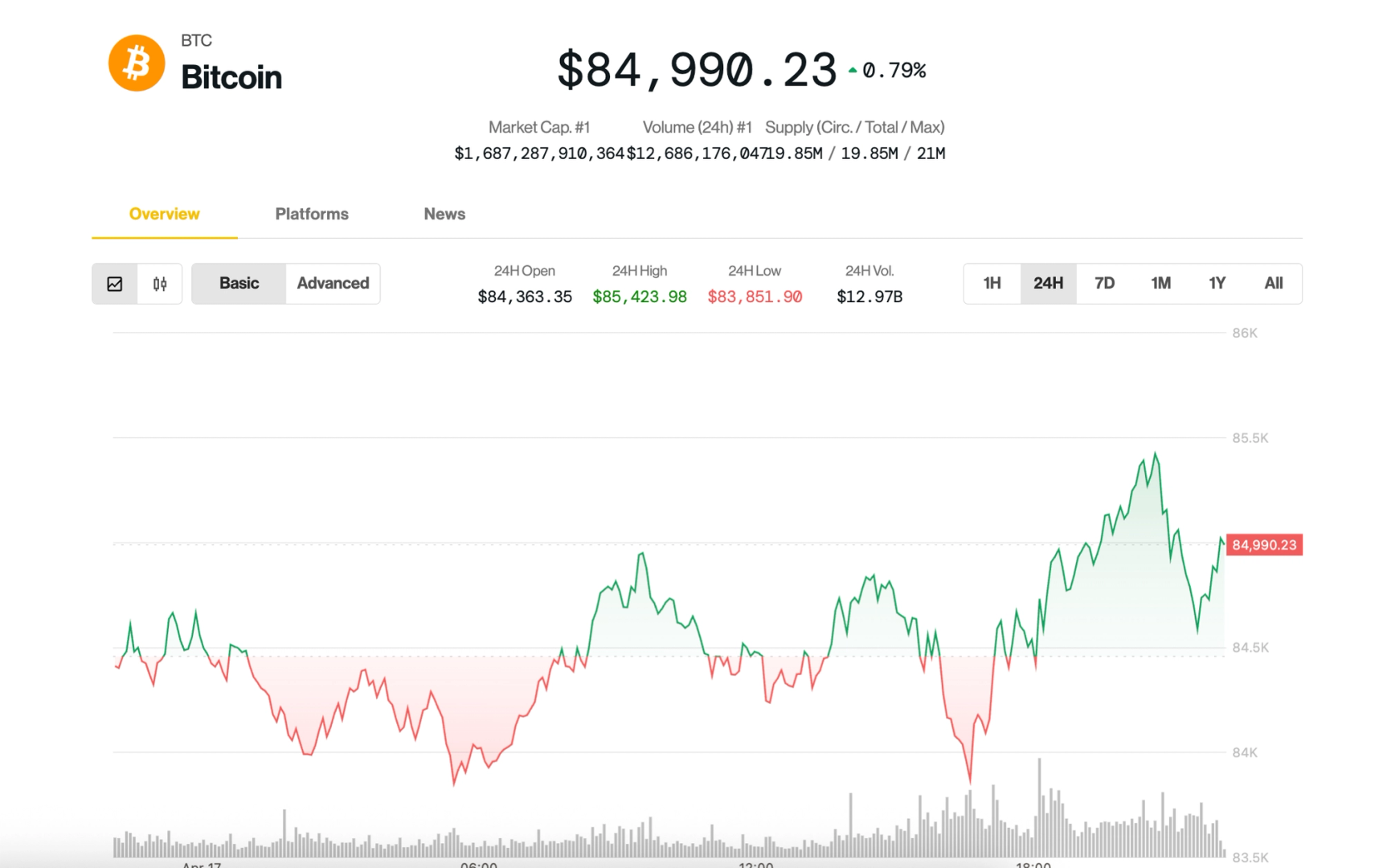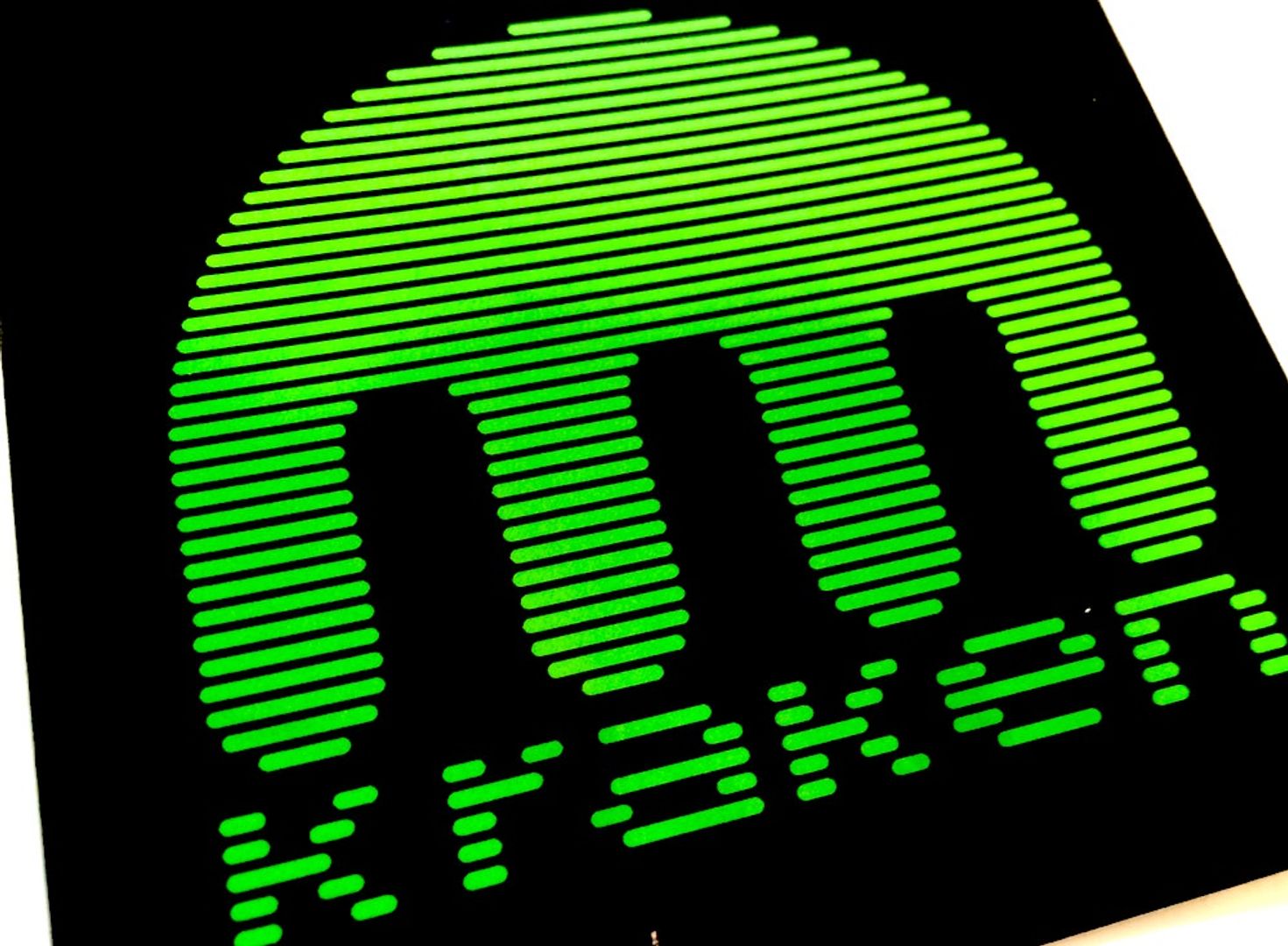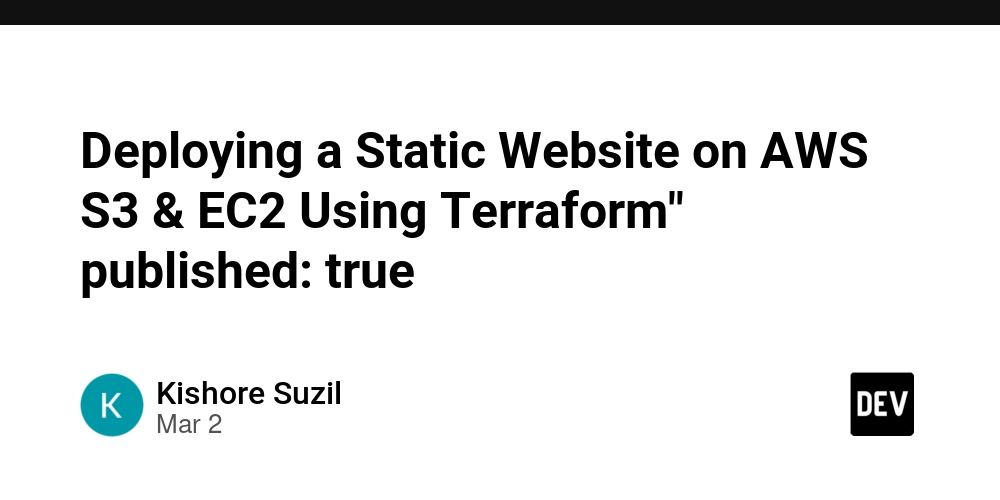Exploring Cyberwarfare with TON DNS: Opportunities and Risks
Abstract This post delves into the evolving role of TON DNS in today’s digital battlegrounds, exploring its decentralized architecture, cybersecurity implications, and the inherent risks and opportunities in cyberwarfare. We examine the key features of TON DNS, illustrate practical applications, highlight challenges in adoption, and offer insights into the future of decentralized domain name systems within the context of modern cyber conflicts. Readers will gain a comprehensive understanding of how decentralized solutions, such as TON DNS, are reshaping cybersecurity and enabling resilient, censorship-resistant communication in the cyberwarfare domain. Introduction In modern digital warfare, the security of communication channels is paramount. With traditional domain name systems (DNS) coming under increasing scrutiny for vulnerabilities and centralized control, new technologies have emerged to challenge the status quo. TON DNS, developed on a decentralized platform, promises enhanced privacy, resilience, and security by leveraging blockchain technology. As cyber conflicts grow more sophisticated, understanding the technical and strategic implications of such networks is crucial for both national security and individual privacy. This blog post offers a deep dive into TON DNS, its applications in cyberwarfare, and the broader implications for cybersecurity. For an overview of the original work on TON DNS in the context of cyberwarfare, check out the Exploring Cyberwarfare with TON DNS: Opportunities and Risks article. Background and Context The Evolution of DNS and Cyberwarfare Traditional DNS systems have been the backbone of the internet, translating human-readable domain names into machine-friendly IP addresses. While foundational, these centralized systems are plagued with issues such as: Single points of failure Susceptibility to censorship Vulnerability to cyber attacks As cyberwarfare escalates, adversaries exploit these weaknesses to disrupt communication and control digital assets. The rise of decentralized technologies—such as blockchain—has ushered in innovative alternatives that overcome these limitations. Blockchain and Decentralization Blockchain technology is best known for its role in powering cryptocurrencies. However, its applications extend far beyond digital currencies. For instance, exploring what is blockchain can clarify how decentralization ensures integrity and transparency. By distributing data across a network, blockchains minimize the risk of targeted attacks, create resilient architectures, and maintain data sovereignty. TON DNS builds on these principles, ensuring that domain resolution systems are both secure and censorship-resistant. The decentralized architecture shifts control away from centralized authorities, allowing sovereign and resilient management of digital resources amid cyber conflicts. Cyberwarfare in the Digital Age Modern cyberwarfare encompasses techniques, tools, and strategies designed to disrupt or disable digital infrastructures. Critical sectors—including power grids, financial systems, and government communications—are increasingly targeted by cyber attackers. Cybersecurity measures need to evolve simultaneously. Decentralized systems like TON DNS offer potential solutions by enabling: Anonymity and secure data exchange Resilience against Distributed Denial of Service (DDoS) attacks Censorship evasion for both private and government communications Core Concepts and Features TON DNS embodies several key innovations that make it a promising tool in cyberwarfare: Decentralization and Security Distributed Architecture: TON DNS operates on a blockchain, distributing DNS records across a network of nodes to eliminate central points of vulnerability. Immutable Records: With blockchain’s inherent features, once data is added to the ledger, it cannot be easily modified or tampered with. Enhanced Privacy: By removing centralized control, TON DNS drastically reduces the risk of data interception and unauthorized surveillance. Resilient Communication Systems TON DNS is designed to support secure, resilient communication in hostile environments. This is particularly crucial in cyberwarfare where: Anonymity and secure data exchange are vital to prevent adversaries from identifying or intercepting communication. Censorship circumvention helps maintain free flow of information even in regions with strict governmental internet controls. Infrastructure Control and Cyber Defense Decentralized platforms offer operational advantages in maintaining control during cyber conflicts. Benefits include: Enhanced Attribution: Clear trails on blockchain facilitate forensic analysis and attribution of cyber attacks. Distributed Resilience: Even if some nodes are compromised, the overall network remains operational, ensuring continuity of service.
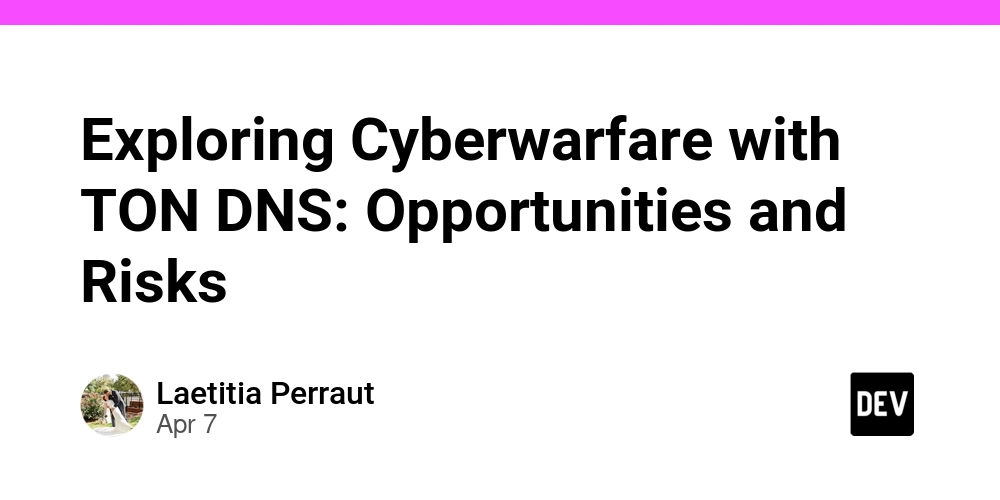
Abstract
This post delves into the evolving role of TON DNS in today’s digital battlegrounds, exploring its decentralized architecture, cybersecurity implications, and the inherent risks and opportunities in cyberwarfare. We examine the key features of TON DNS, illustrate practical applications, highlight challenges in adoption, and offer insights into the future of decentralized domain name systems within the context of modern cyber conflicts. Readers will gain a comprehensive understanding of how decentralized solutions, such as TON DNS, are reshaping cybersecurity and enabling resilient, censorship-resistant communication in the cyberwarfare domain.
Introduction
In modern digital warfare, the security of communication channels is paramount. With traditional domain name systems (DNS) coming under increasing scrutiny for vulnerabilities and centralized control, new technologies have emerged to challenge the status quo. TON DNS, developed on a decentralized platform, promises enhanced privacy, resilience, and security by leveraging blockchain technology. As cyber conflicts grow more sophisticated, understanding the technical and strategic implications of such networks is crucial for both national security and individual privacy. This blog post offers a deep dive into TON DNS, its applications in cyberwarfare, and the broader implications for cybersecurity.
For an overview of the original work on TON DNS in the context of cyberwarfare, check out the Exploring Cyberwarfare with TON DNS: Opportunities and Risks article.
Background and Context
The Evolution of DNS and Cyberwarfare
Traditional DNS systems have been the backbone of the internet, translating human-readable domain names into machine-friendly IP addresses. While foundational, these centralized systems are plagued with issues such as:
- Single points of failure
- Susceptibility to censorship
- Vulnerability to cyber attacks
As cyberwarfare escalates, adversaries exploit these weaknesses to disrupt communication and control digital assets. The rise of decentralized technologies—such as blockchain—has ushered in innovative alternatives that overcome these limitations.
Blockchain and Decentralization
Blockchain technology is best known for its role in powering cryptocurrencies. However, its applications extend far beyond digital currencies. For instance, exploring what is blockchain can clarify how decentralization ensures integrity and transparency. By distributing data across a network, blockchains minimize the risk of targeted attacks, create resilient architectures, and maintain data sovereignty.
TON DNS builds on these principles, ensuring that domain resolution systems are both secure and censorship-resistant. The decentralized architecture shifts control away from centralized authorities, allowing sovereign and resilient management of digital resources amid cyber conflicts.
Cyberwarfare in the Digital Age
Modern cyberwarfare encompasses techniques, tools, and strategies designed to disrupt or disable digital infrastructures. Critical sectors—including power grids, financial systems, and government communications—are increasingly targeted by cyber attackers. Cybersecurity measures need to evolve simultaneously. Decentralized systems like TON DNS offer potential solutions by enabling:
- Anonymity and secure data exchange
- Resilience against Distributed Denial of Service (DDoS) attacks
- Censorship evasion for both private and government communications
Core Concepts and Features
TON DNS embodies several key innovations that make it a promising tool in cyberwarfare:
Decentralization and Security
- Distributed Architecture: TON DNS operates on a blockchain, distributing DNS records across a network of nodes to eliminate central points of vulnerability.
- Immutable Records: With blockchain’s inherent features, once data is added to the ledger, it cannot be easily modified or tampered with.
- Enhanced Privacy: By removing centralized control, TON DNS drastically reduces the risk of data interception and unauthorized surveillance.
Resilient Communication Systems
TON DNS is designed to support secure, resilient communication in hostile environments. This is particularly crucial in cyberwarfare where:
- Anonymity and secure data exchange are vital to prevent adversaries from identifying or intercepting communication.
- Censorship circumvention helps maintain free flow of information even in regions with strict governmental internet controls.
Infrastructure Control and Cyber Defense
Decentralized platforms offer operational advantages in maintaining control during cyber conflicts. Benefits include:
- Enhanced Attribution: Clear trails on blockchain facilitate forensic analysis and attribution of cyber attacks.
- Distributed Resilience: Even if some nodes are compromised, the overall network remains operational, ensuring continuity of service.
- Interoperability with Existing Technologies: TON DNS integrates with established blockchain and cyber defense systems, ensuring a smooth transition from traditional DNS solutions.
Key Features Overview
| Feature | Description |
|---|---|
| Decentralization | Operates on blockchain technology, ensuring no single point of failure. |
| Immutable Records | Once data is recorded, it cannot be easily altered, enhancing security and trust. |
| Cress-censorship | Provides anonymity and censorship evasion tactics crucial in adversarial environments. |
| Interoperability | Integrates with other decentralized systems to enhance cybersecurity and resilience. |
| Secure Communication | Enhances secure data exchanges during cyber warfare through robust encryption and distributed control. |
Applications and Use Cases
TON DNS has wide-ranging applications that extend from everyday web resolution to hosting secure communications during cyber warfare:
1. Secure Data Exchange in Conflicted Regions
In regions where governments impose strict censorship or surveillance, TON DNS enables citizens and activists to:
- Access censored content securely.
- Share sensitive data over encrypted channels.
- Mitigate the threat of central authority manipulation.
For example, using decentralized solutions like blockchain and cybersecurity can help build networks resistant to data breaches and online censorship.
2. Resilient Communication in Military and Government Networks
Military applications benefit significantly from the resilience of decentralized DNS systems:
- Failover Capabilities: In the event of targeted attacks on central DNS, communication channels remain active.
- Secure Command and Control: Decentralized architecture ensures that critical communications remain uncompromised even under duress.
- Enhanced Cyber Defense: With immutable data, tracking unauthorized access becomes more straightforward for cybersecurity teams.
3. Enabling Anonymity and Censorship Evasion
Organizations operating in sensitive or contested environments can leverage TON DNS to maintain operational security. These include:
- Dissident Networks: Allowing secure communication among activists.
- Financial Institutions: Facilitating secure transactions without external interference.
- Media Outlets: Ensuring freedom of speech and publication without external censorship.
The benefits of decentralized communication platforms are also highlighted in resources such as open-source tools in cyber warfare, demonstrating how open-source innovations aid in the fight against digital oppression.
Practical Examples (Bullet List)
- Example 1: A government agency integrates TON DNS to secure its internal communications, preventing adversarial tracking during cyber campaigns.
- Example 2: A non-profit organization uses TON DNS for deploying a censorship-resistant platform for whistleblowers.
- Example 3: A financial institution enhances its cybersecurity framework by migrating critical DNS records to a decentralized ledger, safeguarding transactions from DDoS attacks.
Challenges and Limitations
While TON DNS introduces many promising advancements, several technical and operational challenges remain.
Technical Challenges
- Scalability: As the number of nodes increases, ensuring speed and efficiency can be challenging. Blockchain-based systems could face delays under heavy loads.
- Interoperability: Integrating TON DNS with legacy systems requires careful planning, especially in environments with deeply entrenched centralized systems.
- Security Trade-offs: While decentralization enhances resilience, it can also introduce new vectors for cyber attacks if not secured adequately. Maintaining robust encryption protocols is essential.
Adoption Barriers
- Regulatory Uncertainty: Governments may view decentralized DNS as a threat, hindering widespread adoption due to regulatory interventions.
- Technical Expertise: Organizations need skilled personnel to implement and manage decentralized systems. The learning curve involved in transitioning from traditional DNS systems can be steep.
- Market Penetration: The transition from legacy DNS solutions to decentralized models is gradual, and market adoption may be slow due to resistance from established institutions.
Operational Limitations
- Latency Issues: Decentralized networks may experience higher latency compared to centralized architecture, impacting user experience.
- Maintenance Overhead: Distributed systems can be more complex to maintain and troubleshoot, especially when consensus mechanisms fail or nodes drop out.
- Potential for Fragmentation: Without proper governance, decentralized systems can fragment, leading to inconsistencies and security vulnerabilities.
Addressing these challenges requires continuous research, development, and cross-industry collaboration.
Future Outlook and Innovations
The Path Forward for Decentralized DNS
Technological advancements are expected in the realm of decentralized DNS systems. Future trends include:
- Research Collaboration: Increased funding and collaboration among academic institutions, industry leaders, and governments will likely drive innovations in TON DNS and similar systems.
- Interoperability Standards: Establishing comprehensive standards to ensure smooth integration between decentralized and traditional networks will accelerate adoption.
- Enhanced Security Protocols: Emerging cryptographic techniques (e.g., zero-knowledge proofs) will further solidify the security of decentralized DNS systems.
Innovations in Cyberwarfare Technology
- Artificial Intelligence Integration: AI and machine learning will play a significant role in real-time threat detection, network optimization, and automated defense strategies.
- Decentralized Governance Models: Future developments may see more democratic and transparent models of network governance, ensuring that the benefits of decentralization are not undermined by new centralization trends.
- Global Cooperation: International initiatives aimed at regulating and leveraging decentralized technologies for national security purposes will gain momentum, fostering an ecosystem of mutual cyber defense and shared best practices.
Industry Perspectives and Research
Innovators in the decentralized space are already exploring the broader impacts of secure communication systems. For instance, discussions on the future of open source with blockchain integration reveal that pairing decentralized DNS with emerging blockchain methodologies paves the way for sustainable, scalable digital infrastructures.
In addition, industry experts have shared insights in various posts:
- Exploring OpenSource on OpenSea: A Fusion of Art and Collaboration discusses the convergence of open-source and decentralized technologies.
- Unveiling Fair License: A New Era in Open Source Fairness emphasizes equitable models in decentralized tech.
- Bridging the Earnings Gap for Open Source Developers outlines viable strategies for sustainable funding in digital innovation.
These perspectives underscore the potential for TON DNS—and similar decentralized platforms—to drive transformative changes in both security and digital governance.
Summary
In this comprehensive post, we explored how TON DNS stands at the intersection of decentralized technology and cyberwarfare, offering a robust alternative to traditional, centralized DNS systems. We began by establishing the background of DNS vulnerabilities and the need for decentralization in the face of modern cyber threats.
Key takeaways include:
- Devolution to Decentralization: TON DNS leverages blockchain technology to ensure immutable and censorship-resistant domain resolution.
- Enhanced Security and Resilience: Through distributed architectures and secure communication channels, TON DNS is well-suited for environments where cyberattacks are prevalent.
- Practical Applications: From secure data exchange during cyberwarfare to resilient communication systems in critical infrastructures, TON DNS shows immense potential.
- Challenges to Overcome: Issues such as scalability, integration, and regulatory acceptance remain key hurdles on the path to widespread adoption.
- Forward-Looking Innovations: As AI and enhanced cryptographic protocols advance, so does the promise of a decentralized DNS landscape that supports both national-grade cyber defense and open-source innovation.
As the digital landscape evolves, it is imperative for industry leaders, researchers, and governments to collaborate in harnessing the power of decentralized systems like TON DNS. For further details on the intrinsic dynamics of these innovations, revisit the original article on TON DNS and Cyberwarfare.
Through continuous research, standards development, and international cooperation, the future of decentralized DNS holds great promise for building a secure, transparent, and resilient internet infrastructure—one that can withstand the challenges of modern cyberwarfare while empowering individuals and organizations worldwide.
By understanding and leveraging technologies such as TON DNS, we are better equipped to navigate the complex interplay between cybersecurity and digital communication in an era marked by constant change and evolving threats.
Quick Reference: Bullet List of Key Points
- Decentralization reduces central vulnerabilities.
- Immutable Records ensure data integrity.
- Enhanced Privacy protects sensitive communications.
- Interoperability with existing blockchain systems aids seamless integration.
- Resilience Against Cyberattacks is achieved through distributed architecture.
This post touched on a detailed exploration of TON DNS—a critical component of modern cyber warfare deterrence and resilient digital communication. We encourage security professionals, developers, and policy makers to engage with these emerging technologies and to contribute to ongoing discussions and innovations in the field.
For more insights on related topics, visit the official TON site and explore additional resources on blockchain, cybersecurity, and decentralized solutions.
Happy exploring and stay secure!












































































































































































![[The AI Show Episode 144]: ChatGPT’s New Memory, Shopify CEO’s Leaked “AI First” Memo, Google Cloud Next Releases, o3 and o4-mini Coming Soon & Llama 4’s Rocky Launch](https://www.marketingaiinstitute.com/hubfs/ep%20144%20cover.png)

















































































































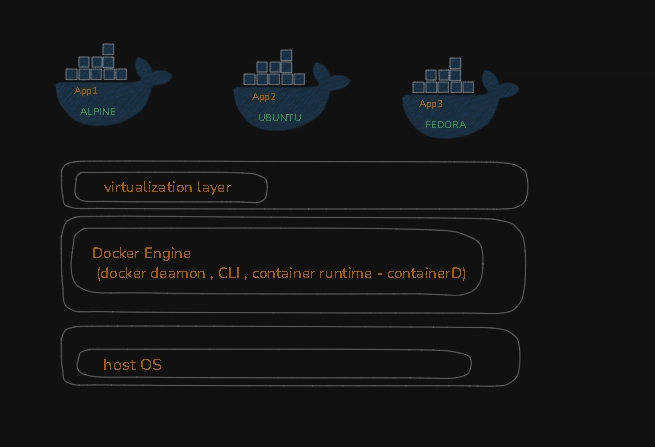
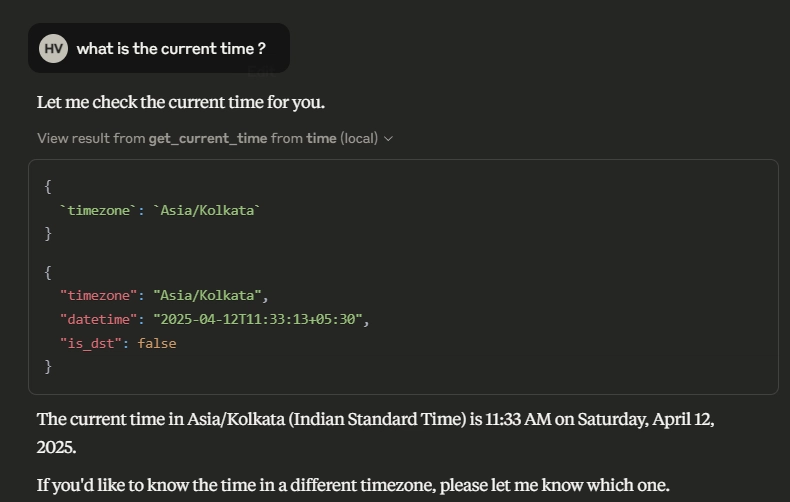



























































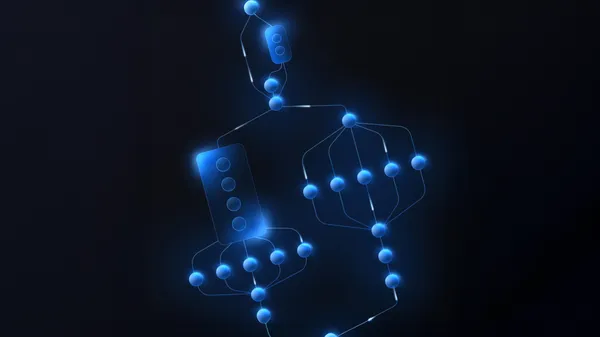

























![GrandChase tier list of the best characters available [April 2025]](https://media.pocketgamer.com/artwork/na-33057-1637756796/grandchase-ios-android-3rd-anniversary.jpg?#)



















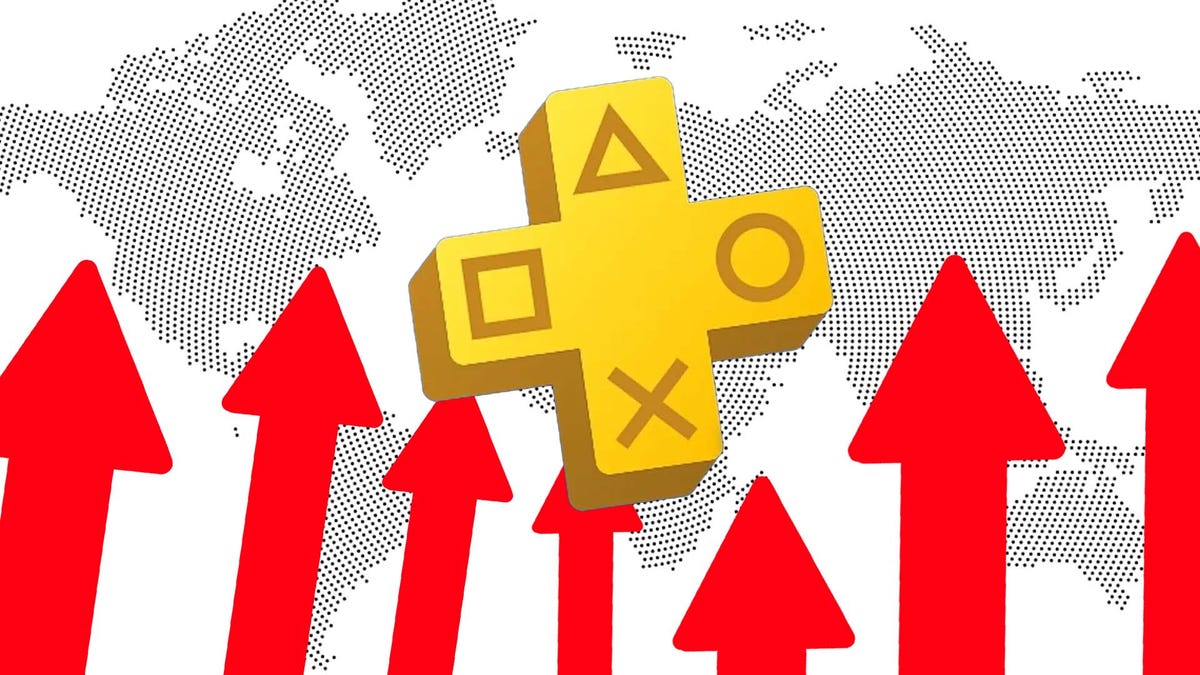
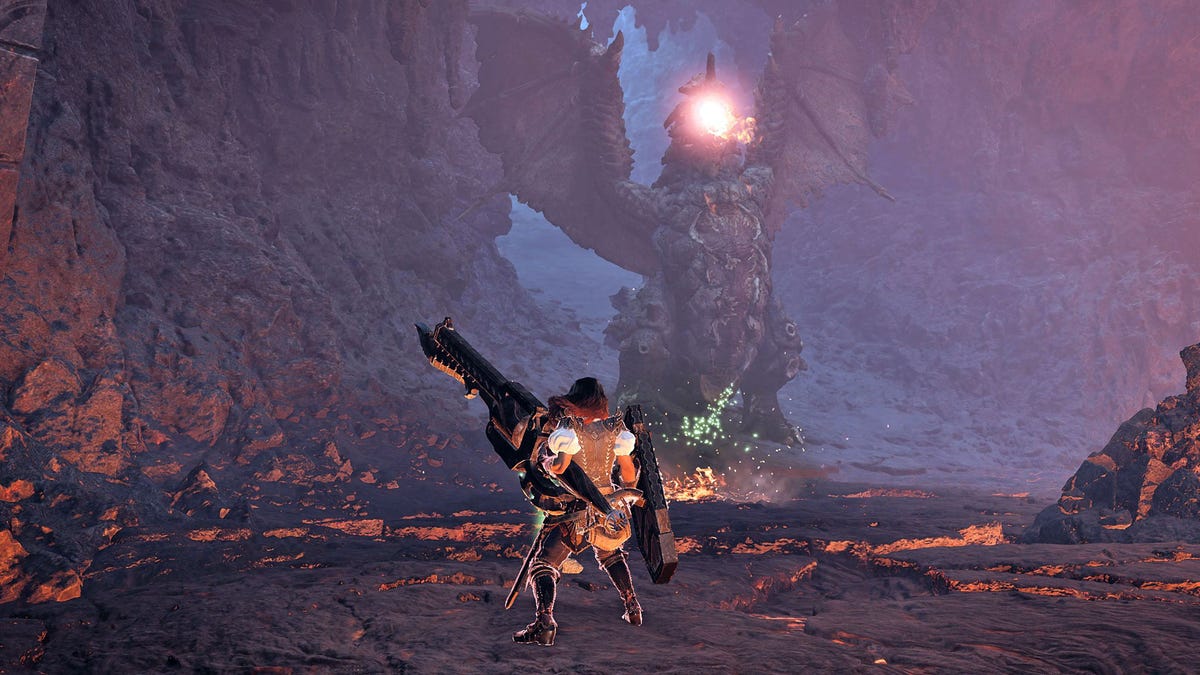


















































.webp?#)




























































































![Here’s the first live demo of Android XR on Google’s prototype smart glasses [Video]](https://i0.wp.com/9to5google.com/wp-content/uploads/sites/4/2025/04/google-android-xr-ted-glasses-demo-3.png?resize=1200%2C628&quality=82&strip=all&ssl=1)














![New Beats USB-C Charging Cables Now Available on Amazon [Video]](https://www.iclarified.com/images/news/97060/97060/97060-640.jpg)

![Apple M4 13-inch iPad Pro On Sale for $200 Off [Deal]](https://www.iclarified.com/images/news/97056/97056/97056-640.jpg)


















